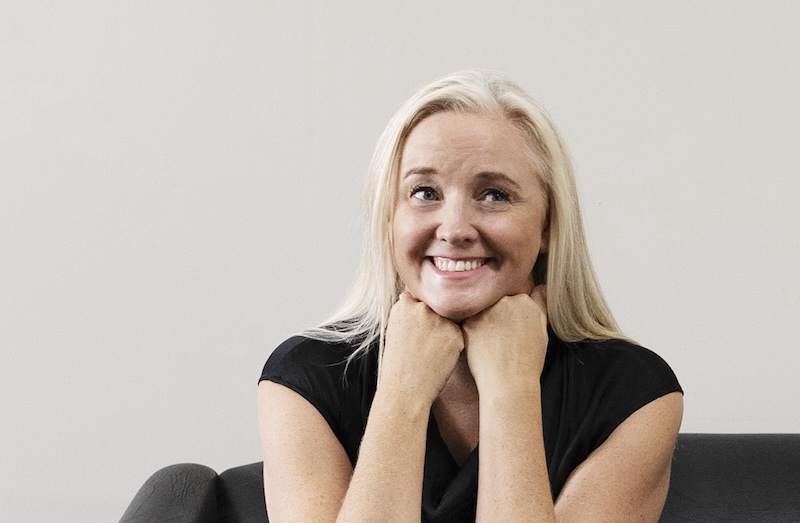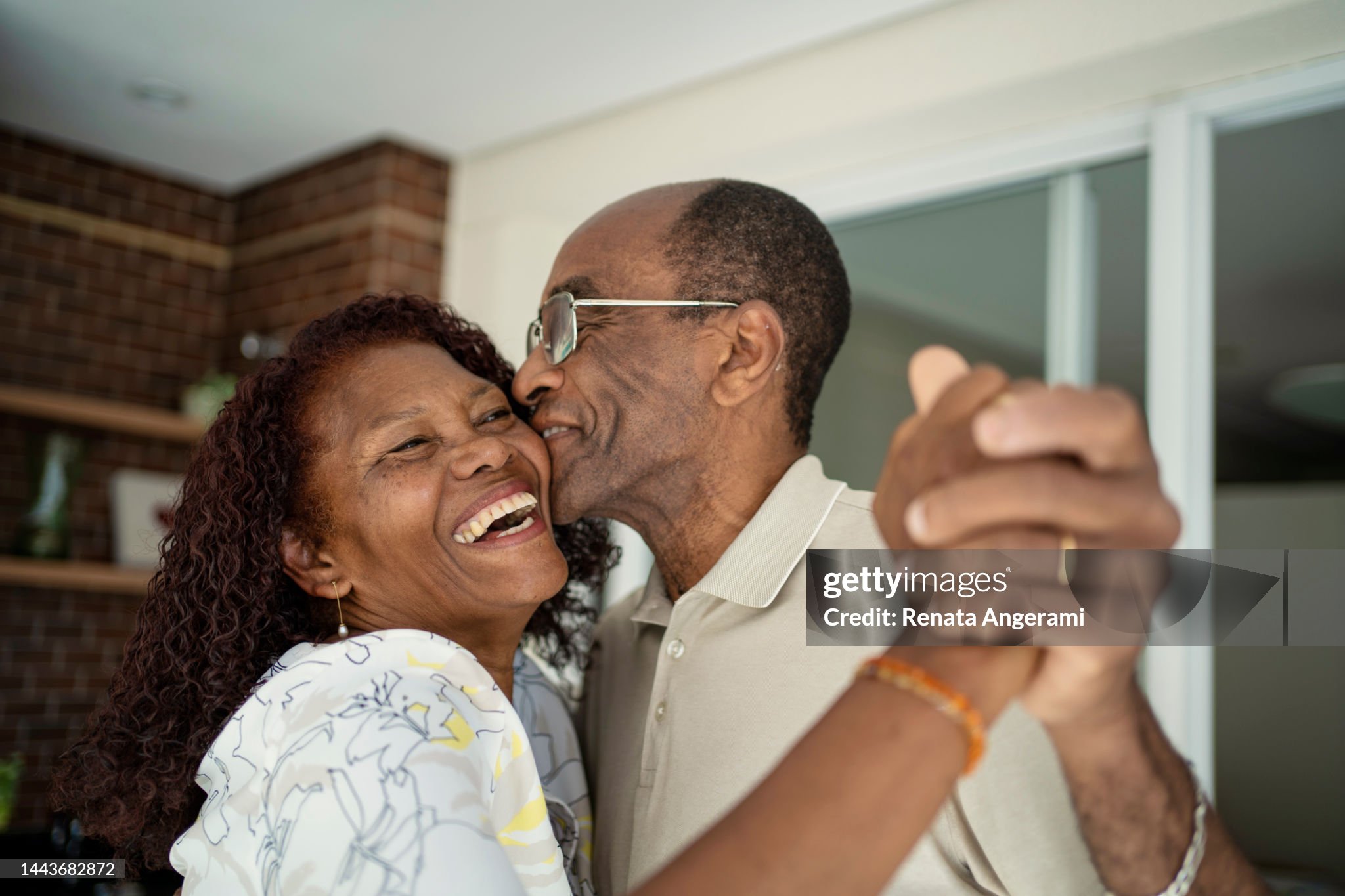Western Australia will relax a range of COVID-19 restrictions from midnight tonight, including dramatically changing its close contact rules.
Key points:
- Western Australia will adopt the national definition for close contacts
- Checking in with SafeWA will only be required at hospitals
- The 500-person cap at hospitality venues will be lifted
From 12.01am on Thursday, only household or intimate contacts of a positive case will be considered close contacts and need to isolate.
Premier Mark McGowan said this would bring the WA definition of a close contact in line with the rest of the nation.
As had earlier been announced, the 500-person cap for hospitality venues, nightclubs, convention centres and function centres will also be lifted in time for the Easter long weekend.
Limits on private gatherings, both indoors and outdoors, will also be removed.
Mr McGowan said all SafeWA check-in requirements would be removed statewide, except at hospitals.
Mr McGowan said better than expected hospitalisation and ICU rates meant the changes could be safely introduced.
As of 8pm yesterday, there were 215 West Australians in hospital with COVID-19, including four in intensive care.
Two historical deaths were also recorded – men aged in their 30s and 90s.
There were 7,426 new cases reported, with 39,591 active infections in the state.
“We can proceed down this path with these sensible and safe measures because with too many forced to isolate relative to the risk they pose, and parents being forced to stay home when their children are declared a contact in the classroom, the cost begins to outweigh the benefit,” he said.
People in isolation under the existing definition of a close contact will be able to leave isolation at midnight. That applies to people who:
- Had at least 15 minutes face-to-face contact during which masks were not worn by the exposed person and the person with COVID-19
- Spent more than two hours in a small room with a case during their infectious period and masks have been removed by both people
Household and intimate contacts will still have to see out whatever is left of their isolation period.
Changes will reduce disruption at schools: Premier
Mr McGowan said the new rules meant a positive case would not force an entire classroom into isolation, and schools were no longer required to undertake contact tracing.
Additionally, international and domestic travellers will no longer be required to take a test on arrival at Perth Airport, but will be encouraged to take a free rapid antigen test.
Mr McGowan said the state was closer to achieving its soft landing and would continue to learn from eastern states’ experiences as they faced further waves of the virus.
“It’s further evidence that as our situation improves, we are confident to keep reviewing all of our public health measures and removing them when they are no longer necessary,” Mr McGowan said.
Mask mandate to stay, for now
Other restrictions, including mask wearing, proof of vaccination, the two square metre rule, hospital visitor restrictions and elective surgery caps will remain in place.
Mr McGowan said those measures would all be reviewed as time went on.
“The other restrictions, the mask wearing and the like, we’ll consider those over coming weeks as to what can be done,” he said.
“But that will require the vaccination rate to continue to go up, our hospitalisations to remain stable or decline, and our case numbers to continue to go down.”
Changes in line with health advice
He reiterated that the government was following the Chief Health Officer’s advice.
“We think this is the right time, and that’s the advice we’ve received from the Chief Health Officer,” he said.
“We had conversations about it over the last couple of days. This is the right time to remove these restrictions.”
While elective surgery restrictions will remain in place for now, Mr McGowan says they will be reviewed as the close contact changes bring more furloughed staff back into the workforce.
The Premier again encouraged people to return to work, particularly in the CBD where retailers have been struggling.
Students urged back into classrooms
Mr McGowan said he had also written to universities to ask them to get students back into classrooms.
“Students can go back to university, academics can teach them in the lecture theatre or the tutorial or the laboratory environment,” he said.
“It’s very difficult for students who are going to university to do their course, essentially from their lounge room or their bedroom. It’s not what university life is about.
“I don’t understand why universities don’t do it (resume in-person learning).”
In response to the Premier’s comments, Curtin University Vice Chancellor Harlene Hayne said many students had already been welcomed back this semester.
“It is wonderful to see students coming and going from their classes and enjoying all that campus life has to offer in both Perth and Kalgoorlie and we thank them for continuing to be COVID-safe and kind to each other as we navigate this phase of the pandemic,” she said in a statement.
“We fully expect this to continue now that our venues can return to full capacity and the close contact rules are eased.”
Opposition calls for further relaxation of rules
Liberal leader David Honey said he was pleased to see many rules easing but wanted to see the 2-square-metre rule ditched as well.
“Most of the small venues are restricted on patrons because of the 2-square-metre rule,” he said.
“The changes he’s made to the 500-person rule will not make much difference for the great majority of venues.”
Dr Honey also suggested that giving Perth special consideration when it came to removing masks, given the impact, he said, they were having on hospitality businesses in the CBD.
He continued to question why vaccination requirements and G2G passes remained in place, saying that they, too, should be reassessed.
“You’ve got to say, ‘Does it form any useful purpose now having vaccine mandates?’
“Many businesses have to employ people simply to police the vaccine mandate and, for businesses that are struggling, particularly hospitality venues, that is a labour cost they can’t afford.”
Loading form…













%20(2)%20(1).jpg)







Discussion about this post